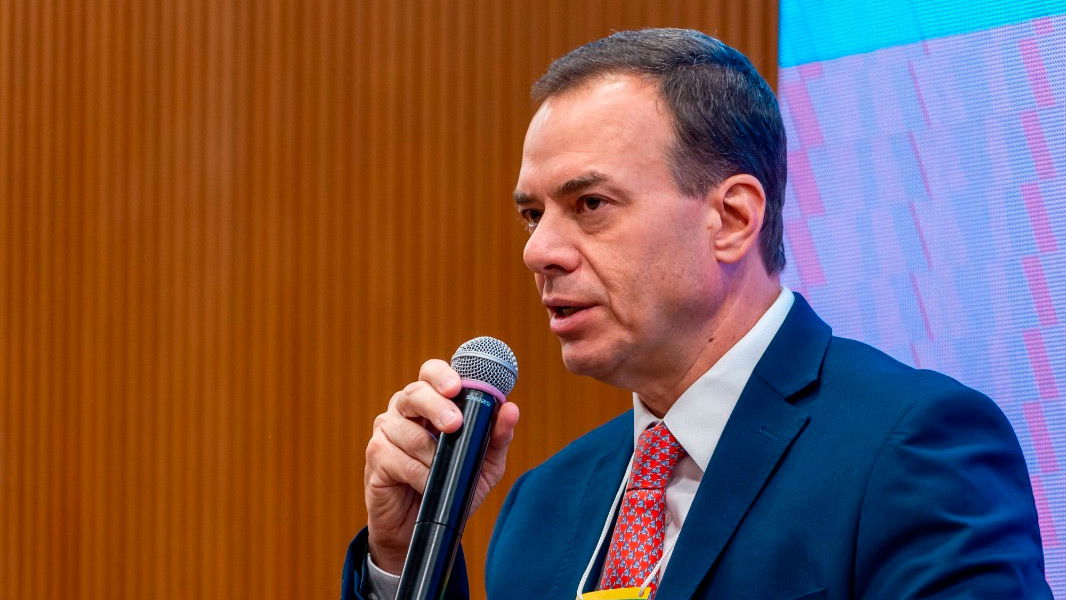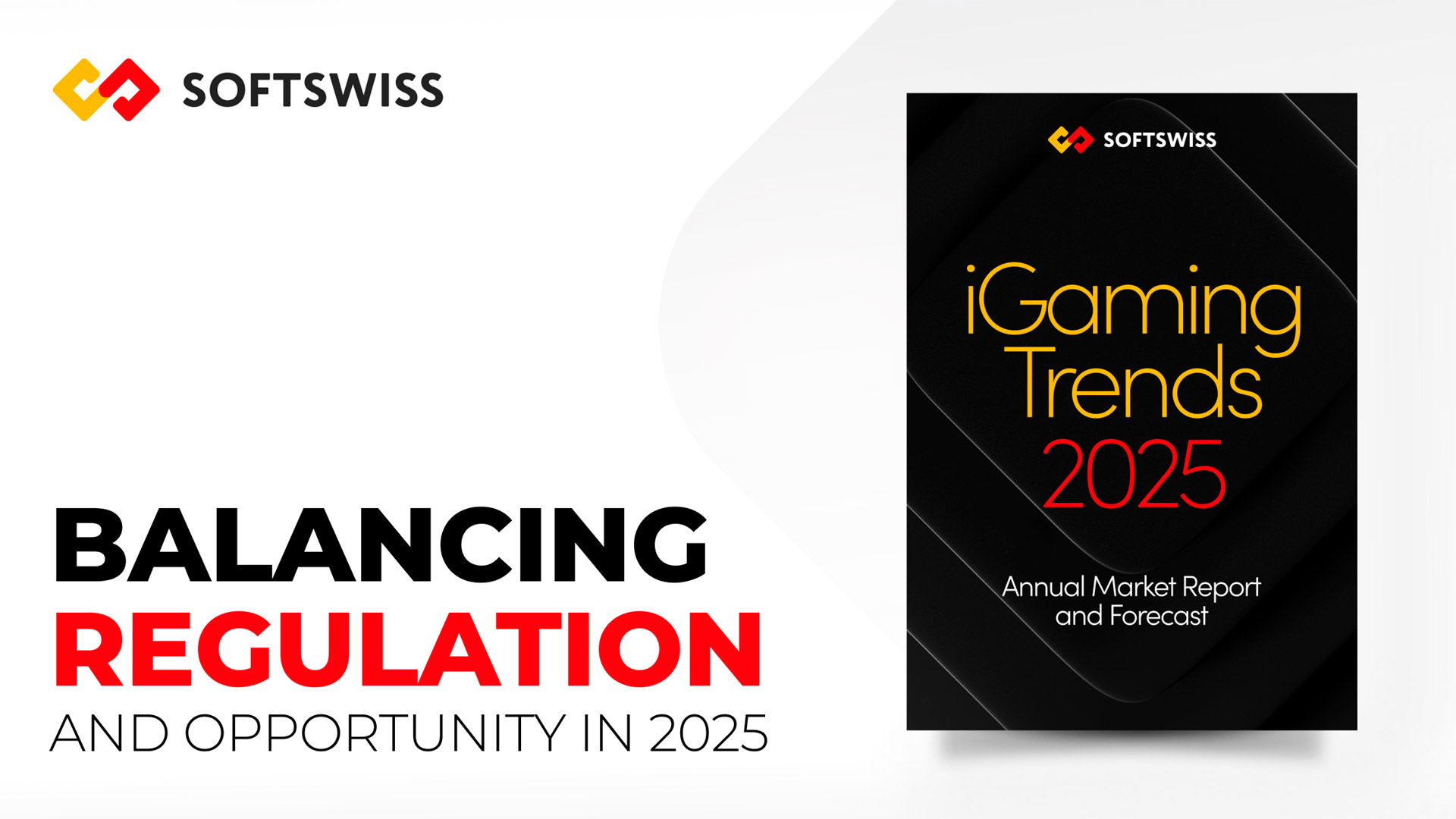Brazil's Ministry of Finance publishes ordinance with rules for online gaming

The Prizes and Betting Secretariat of the Ministry of Finance published Wednesday, July 31, ordinance 1,207. The text establishes technical requirements for online gaming and live gaming studios, to be met by fixed-odds betting operators.
The ordinance, signed by Secretary Regis Dudena, was eagerly awaited by the sector, which expressed doubts about which games could be offered in the new regulated market.
Under the new rules, games such as Fortune Tiger (“Jogo do Tigrinho”) will be allowed, as long as they meet all the requirements set out in the ordinance.
These requirements include presenting a payout table with all the winning outcomes before betting begins and having a certification from an entity whose operational capacity has been recognized by the Prizes and Betting Secretariat.
Read below a summary of some of the main points of Ordinance 1,207 (to read the full text and access all the details, click here):
- The following modalities do not fall under the category of virtual online gambling events with fixed odds: skill games; fantasy sports; multi-bettor games; and games between P2P bettors.
- Online games to be made available to bettors must present, at the time of betting, a multiplication factor for each unit of national currency bet, which defines the amount to be received by the bettor in the event of a prize.
- Payout tables, covering all of the bettor's winning possibilities, must be made available to the bettor before placing bets on an online game.
- The game should not advertise the possibility of future winnings, such as "triple payout coming soon", taking randomness into account.
- The online games to be made available to bettors and the live gaming studios used by betting operators must be certified by a certifying entity whose operational capacity has been recognized by the Prizes and Betting Secretariat of the Ministry of Finance, under the terms of Ordinance MF-SPA/MF No. 300, of February 23, 2024.
- Online games and live gaming studios must hold valid certificates throughout the time period of the authorization granted by the Prizes and Betting Secretariat of the Ministry of Finance for the operation of fixed-odds betting.
- Certificates issued by the certifying entity for online gaming must be revalidated whenever critical components are included, changed, or excluded.
- Betting operators cannot offer bets on online games in physical establishments, through equipment or other devices, under the terms of § 2 of art. 14 of Law No. 14,790, of December 29, 2023.
- Data, information, and documents related to online games and live gaming studios must, from the date they are created, be available to the Prizes and Betting Secretariat of the Ministry of Finance for a minimum period of five years.
- The game must not promote any change in the announced prizes after the bet has been placed.
- In the case of crash games, the titles must clearly display to the player the value of the multiplier increasing during the game, according to the defined frequency.
- Games must not contain any hidden source code that could be used by the player to circumvent the game rules and/or behaviors defined in the approved game structure.
- The graphic art must contain the RTP [return to player] information for each game offered on the online gaming platform without the need for the bettor to start the game session.
- The possibility of winning the advertised top prize, which is based solely on randomness, must occur at least once in one hundred million (100,000,000) plays, unless the artwork clearly highlights the actual odds of winning that prize to the player. This does not apply to multiple prizes won together in the same game where the aggregate prize is not advertised.
- The ordinance also determines that, when the bettor leaves the online game or remains inactive for 30 minutes or more, the session will be considered closed.
Furthermore, operators must follow other rules established in previous regulations, such as law 14,790 and ordinances already published.


















































